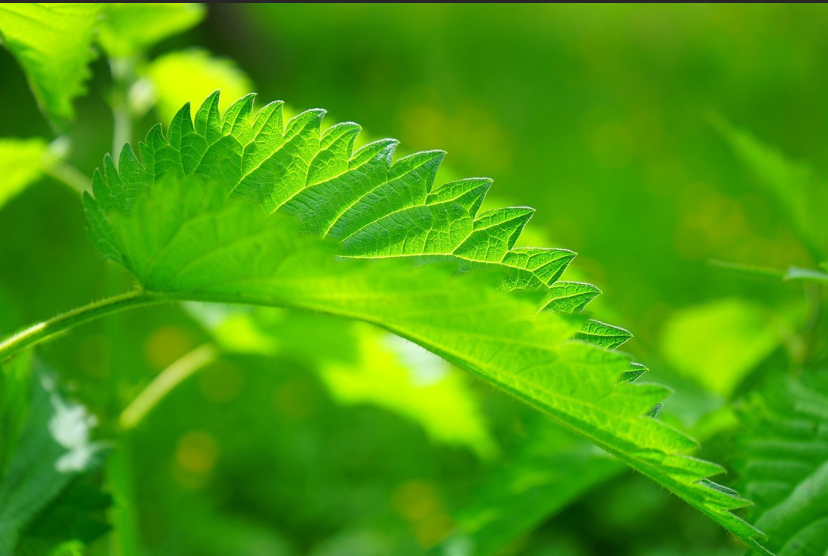Updates
Herbal Solutions for Seasonal Allergies: Beyond Pollen
As the summer season unfolds, many individuals find themselves grappling with the frustrating symptoms of seasonal allergies. While pollen remains one of the most well- known triggers, there are several lesser-known causes that can exacerbate allergies during this time of year. Common culprits such as grass, mold, and dust mites can induce sneezing, itchy eyes, and nasal congestion. Fortunately, nature offers a wealth of herbal remedies that can provide relief and support the immune system during allergy season. In this article, we will explore these lesser-known causes of summer allergies and delve into the world of herbal solutions.
Grass Allergies:
Grass allergies affect a significant number of individuals during the summer months. Exposure to grass pollen can lead to symptoms like itchy eyes, runny nose, and even asthma attacks in some cases. To combat grass allergies, certain herbs can be incredibly
beneficial. Butterbur (Petasites hybridus), for example, has been traditionally used to alleviate respiratory discomfort and inhibit the release of histamines, which are responsible for triggering allergy symptoms. Another herb worth considering is Nettle (Urtica dioica), which possesses anti-inflammatory properties and can help reduce nasal congestion and itching caused by grass allergies.
Mold Allergies:
Mold spores thrive in damp and humid conditions, making summer a prime season for mold allergies. Exposure to mold can cause symptoms such as sneezing, coughing, and respiratory issues. When it comes to herbal remedies for mold allergies, one standout is Elderberry (Sambucus nigra). Elderberry contains antioxidants and has been found to possess antiviral and anti-inflammatory properties. Incorporating Elderberry into your routine may help alleviate allergy symptoms and boost the immune system. Additionally, Garlic (Allium sativum) can be beneficial due to its antifungal properties, which may help reduce mold spore growth in the body.
Dust Mite Allergies:
Dust mites, microscopic creatures that thrive in warm and humid environments, can trigger allergic reactions. Common symptoms of dust mite allergies include sneezing, itchy skin, and congestion. When seeking relief from dust mite allergies, certain herbs can be of assistance. One such herb is Astragalus (Astragalus membranaceus), which possesses immune-modulating properties and may help reduce the severity of allergic reactions. Quercetin, a natural flavonoid found in various fruits and vegetables, has also been found to have anti-allergic and anti-inflammatory effects. Quercetin-rich herbs such as Stinging Nettle (Urtica dioica) and Rooibos (Aspalathus linearis) tea can provide relief and help mitigate the symptoms associated with dust mite allergies.
It is important to note that while herbs can offer relief for seasonal allergy sufferers, it is always advisable to consult with a healthcare professional before starting any new herbal regimen. They can provide guidance on dosage, potential interactions with medications, and help tailor the approach to individual needs.
In addition to incorporating these herbal remedies, there are other practical steps one can take to minimize exposure to allergens. Regularly cleaning and vacuuming the house, maintaining low humidity levels, and avoiding outdoor activities during peak pollen times can significantly reduce the impact of seasonal allergies.
In conclusion, seasonal allergies extend beyond pollen, with grass, mold, and dust mites being additional culprits during the summer months. Fortunately, herbal remedies can provide relief and support the immune system during allergy season. Incorporating herbs such as butterbur, nettle, elderberry, garlic, astragalus, and quercetin-rich options like stinging nettle and rooibos tea into your routine may help


















